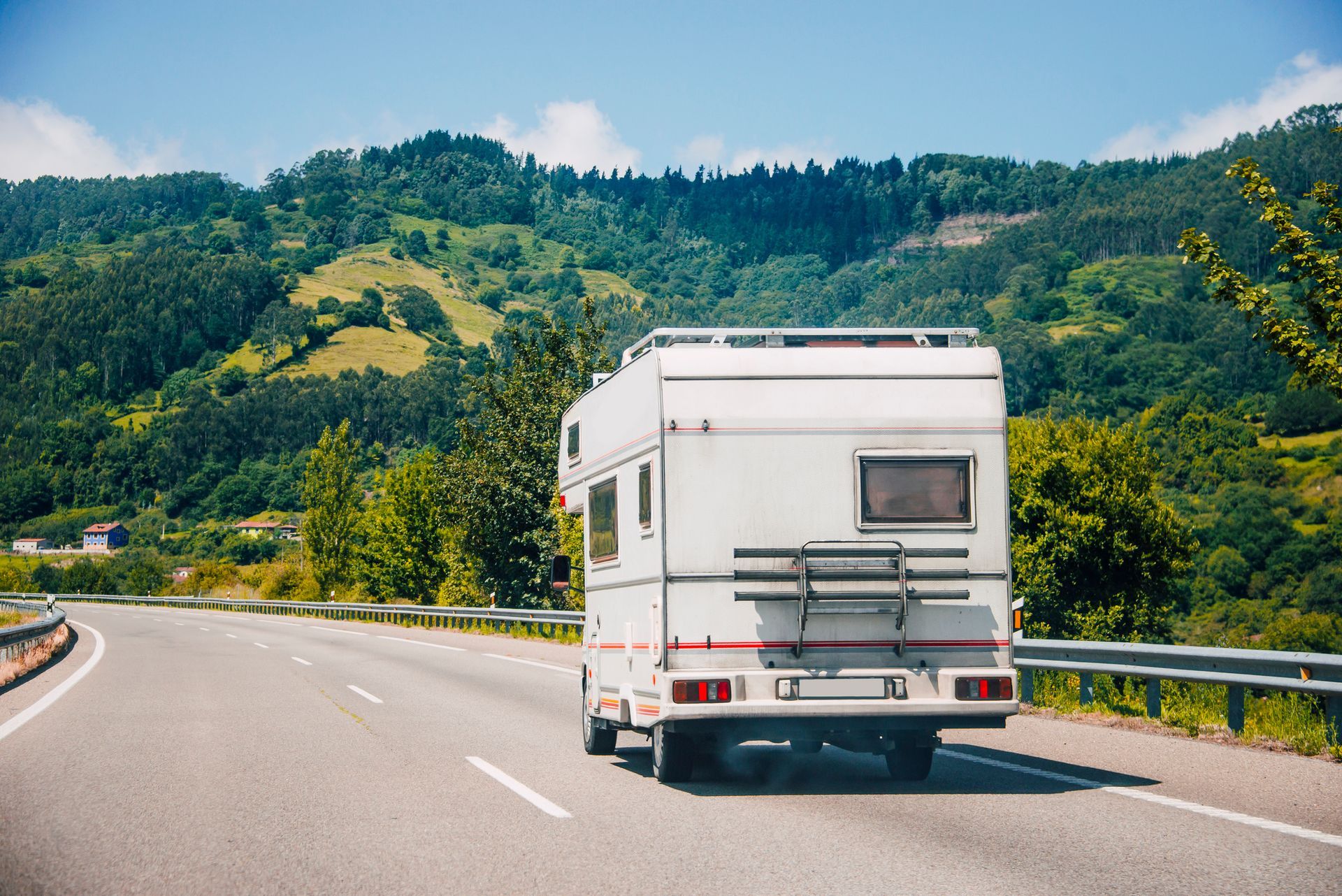
Summertime trips in your RV can provide some of the best days of your life, but the hottest part of the year can make staying comfortable in your RV a challenge, if you aren't prepared. Below are several tips you can use to give your RV's air conditioner a helping hand and keep yourself comfortable.
Use Shade to Your Advantage
Before you do anything to the interior of your RV, consider how the exterior will affect your ability to keep cool during summer. It is important to park your RV in shady spaces that will help keep direct sunlight from striking your vehicle.
Since lots of heat enters through glass, you should attempt to park your RV in a north-facing direction during summer. This will minimize the amount of direct sunlight that will strike the big front windows of your rig.
Insulate Gaps Around Doors, Windows, and Other Openings
Not all RVs are well insulated, so look for ways to eliminate gaps that can permit hot air to enter your RV. Apply extra weatherstripping around doors to close gaps, and also apply silicone caulk to any area where air can pass freely.
In addition, take a close look at the floor of your RV. The floor is
where plumbing and wiring can penetrate and create wide-open gaps for hot air to enter. Stuff gaps with insulation or use caulk to seal these areas for good.
Apply Reflective Film to Windows
Reflective film can be applied to windows and stop heat from penetrating the glass. Window film can be installed by a professional, or you can apply it yourself using tools and materials from a home-improvement store. Either way, you must handle reflective film properly to prevent it from failing, and the instructions should be followed exactly for optimal results.
Keep Air-Conditioner Unit Well Maintained
A poorly maintained air conditioner can make conditions inside an RV unbearable. That is why you should pay close attention to the unit's air filter and regularly replace it or wash it to remove dirt and debris.
Another maintenance need to keep up with is the air conditioner's refrigerant charge level. A professional will attach their gauge and make a reading of the refrigerant. Should the level be too low, the professional can add refrigerant to the unit to help it cool more efficiently.
Close Window Blinds and Curtains During Daylight Hours
As mentioned, the sun is the fiercest enemy you will face when trying to cool your RV to comfortable levels. That is why you should always keep blinds, curtains, and shades closed during the daylight hours. These furnishings will do a great job of keeping solar radiation out of your RV.
Cook Strategically
During the hottest days of summer, it is best to avoid cooking inside the RV to keep the heat from stifling you. Instead, use outdoor grills to cook your food and avoid turning on the heat to your stove. Alternatively, you can prepare fresh, refrigerated items such as sandwiches and fresh fruits.
Use a Portable Evaporative Cooler
An evaporative cooler is a device that utilizes water evaporation to help bring lower temperatures to the interior of a space. Portable evaporative coolers are available for use in almost any space, including the inside of your RV. These devices have their own water supplies in some cases, but they can also come equipped with built-in fittings to connect to an exterior water supply.
While evaporative coolers work well in hot and dry climates, they are not usually helpful in regions with high humidity. The cooling action of these devices depends on the rate of evaporation of water into the air, and this rate is compromised in areas where the air is close to saturation.
For more information and professional help, contact RV Service Center of Santa Cruz.

